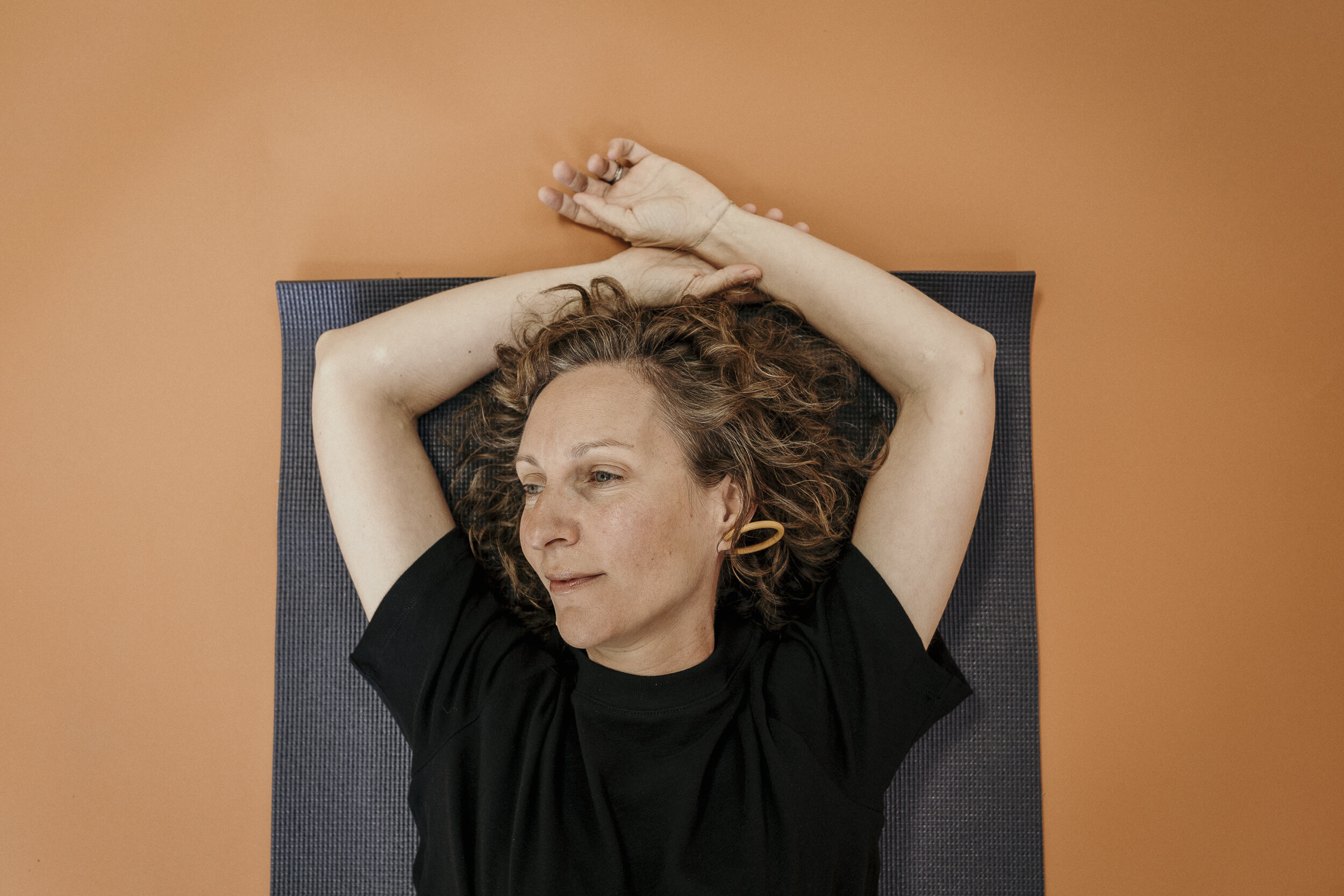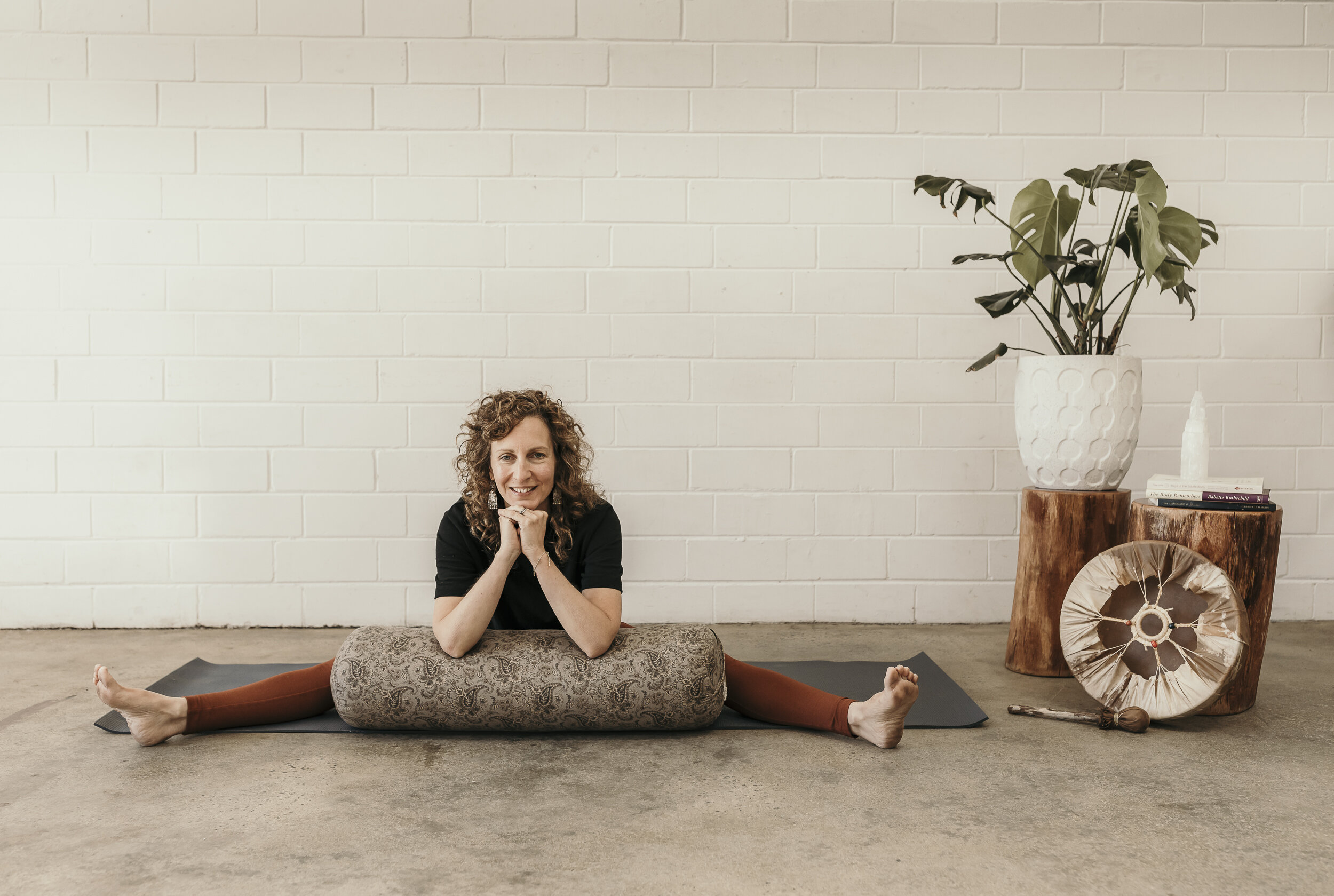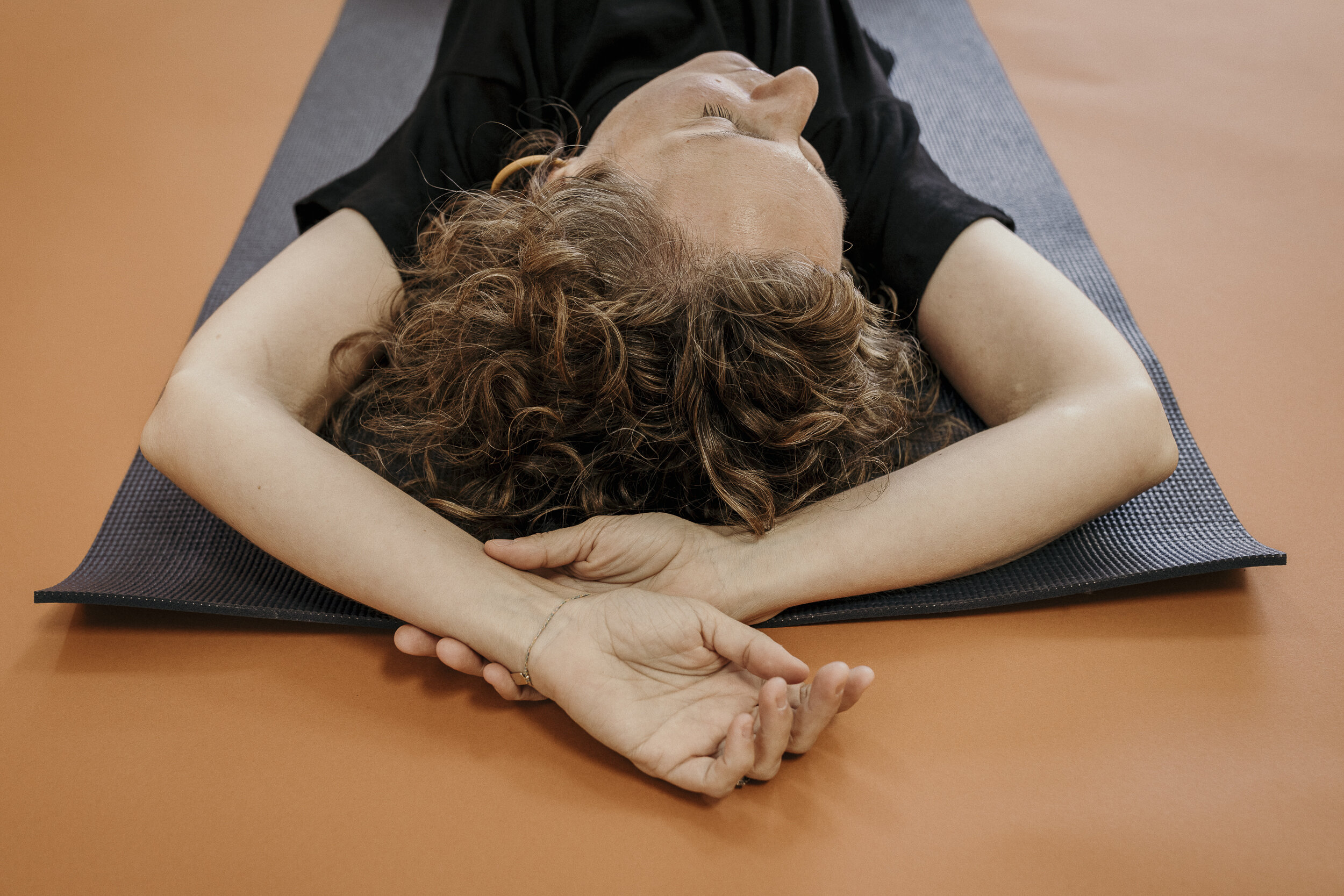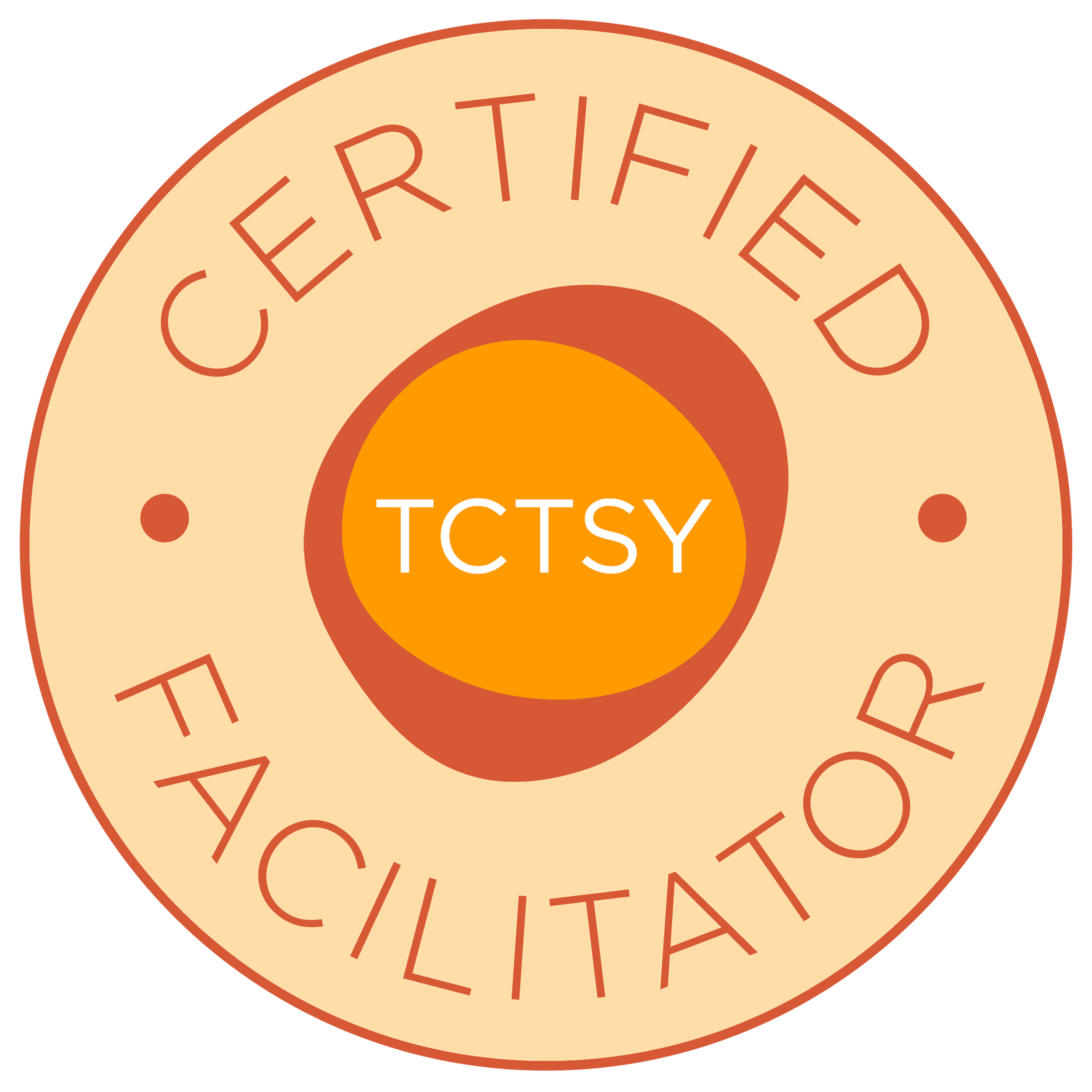trauma sensitive yoga
Using your body through movement, to support your nervous system and to reduce pain has been well documented. The practice that I offer to explore present moment awareness and gentle physical movement is trauma sensitive yoga.
There are many different types of yoga offered today and finding the right one to suit your needs can be tricky if you don’t know what you’re looking for! Over the years I have experimented with different styles of yoga and I am fortunate to be able to adjust my home practice to what my mind and body requires in the given moment. For others, like yourself, this might not be so simple. Many people that I have had conversations with have given up on yoga because they had a unpleasant experience or felt inadequate. Unfortunately, this can happen. But I do offer hope, as there will be a yoga studio out there in the world that is the right fit for you, where you feel comfortable and safe. Please don’t give up!
Trauma sensitive yoga is an evidence based practice that has been shown to help people that experience symptoms of Post Traumatic Stress Disorder (PTSD) and Complex- PTSD. Trauma Centre of Trauma Sensitive Yoga (TCTSY) allows you to reconnect with your body, in the present moment, by offering you choice to suit your needs in an environment that is safe and predictable.
how is trauma sensitive yoga different to a regular yoga class?
TCTSY sessions incorporate an exploration of traditional yoga shapes (also known as forms) to potentially allow a reconnection with your body, by noticing body sensations to inform you in your decision making throughout the session. You are able to choose if you would like to use props or not, and as a facilitator, I do not offer hands on assists and I stay on my mat throughout the class. The class size is kept small (maximum of 8-10 people) and no music is played to minimise distraction. TCTSY does not emphasise external or physical goals, but focuses on your internal experience.
what can i expect in a trauma sensitive yoga class?
Currently, TCTSY yoga sessions are 60 minutes in length; incorporating 50 minutes of practice and 10 minutes allocated for any participant/facilitator communication. Classes are offered in a closed group of 8-10 people, weekly, over a 6 week duration.
Yoga shapes are offered by the facilitator during the session, with optional variations. All participation is invitational, and shapes can be explored individually to suit your needs in the present moment. A mat, bolster, blanket, and block are also provided for you to use during the session.
What is the research to support trauma sensitive yoga?
A randomised controlled trial (Van der Kolk et. al. 2014) of 64 women participants with non-treatable chronic PTSD either participated in a 10 week trauma sensitive yoga class or received weekly psycho-education. The results found that 52% of the yoga group no longer met the diagnostic criteria of PTSD. Whilst 21% of the control group no longer had PTSD.
A qualitative study of 31 female participants with chronic treatment resistant PTSD experienced a 10 week TCTSY yoga session (West & Liang, 2017), and the results consisted of participants having a greater respect for themselves, increased internal body awareness, deeper connection with others, feelings of calmness, and empowerment.
Authors, Schlinter, Taylor, and Watson (2019), conducted a body based program offering trauma sensitive yoga to victims/survivors of sexual assault. The classes were delivered for 60 minutes, weekly, for 8 weeks. The qualitative findings resulted in the participants experiencing an improvement in emotional regulation, present moment awareness, reduction in body pain, improved relationship with their body and healthier boundaries.
For more information on the Trauma Centre of Trauma Sensitive Yoga, you can access the website www.traumasensitiveyoga.com
do you offer medicare rebate?
No, but a receipt can be provided upon request. If you are a self managed NDIS participant, please let me know, as specific receipt requirements will be made.
do i need to have a mental health diagnosis to partcipate?
No. Trauma sensitive yoga is open to anyone who feels that they would benefit from the practice.
what happens if i miss a session?
Unfortunately, no refunds are given or carried over if sessions are missed.
is there an age requirement to participate?
The minimum age requirement is 18 years of age.
what do i wear?
Comfortable clothing that you can move in.
do you offer 1:1 (individual) sessions?
Not at the moment, but this may change in the future
how do i get in contact with you for a chat?
You can contact me by email- hello@sarahchopra.com. If you would prefer a mobile conversation, please mention this in the email and I will provide my mobile number.
references
Schlinter, T., Taylor, G., Watson, J. (2019). Trauma Informed Body Based Therapies in Sexual Assault- Program Evaluation. Western Region Centre Against Sexual Assault, Melbourne, Victoria, Australia. https://westcasa.org.au/
v]Van der Kolk, B. A., Stone, L., West, J., Rhodes, A., Emerson, D., Suvak, M., & Spinazzola, J. (2014). Yoga as an adjunctive treatment for posttraumatic stress disorder: a randomized controlled trial. The Journal of clinical psychiatry, 75(6), e559–e565. https://doi.org/10.4088/JCP.13m08561
West, Liang, B., & Spinazzola, J. (2017). Trauma Sensitive Yoga as a Complementary Treatment for Posttraumatic Stress Disorder: A Qualitative Descriptive Analysis. International Journal of Stress Management, 24(2), 173–195. https://doi.org/10.1037/str0000040




